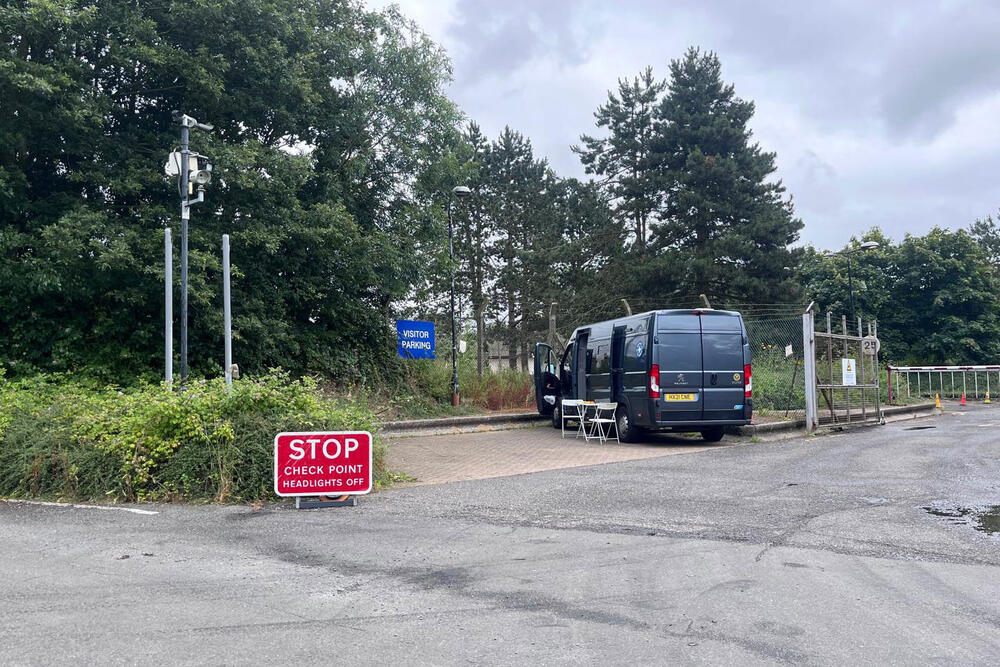UK asylum crisis
MSF is responding to the medical consequences of the UK’s harmful asylum system.
Successive governments have continued to implement punitive anti-migration deterrence policies that have caused medical and psychological harm and eroded the protections for people seeking safety.
Across the globe, Médecins Sans Frontières / Doctors Without Borders (MSF) teams have treated the physical and mental health consequences of such inhumane migration policies.
Our concerns are grounded in well-documented negative health impacts, as witnessed by our teams in Libya, Greece, Poland, Bangladesh, France, Mexico, Malaysia and on Nauru.
The UK Government is no exception.
Successive governments have shut down nearly all safe routes to the UK, with no plans to open new ones. At the same time, we see policies that seek to trap people and deter them from reaching Europe and the UK, or to remove people to third countries.
Mental health is a particular concern. We know that people seeking refuge from war, persecution, and other forms of hardship often require comprehensive mental health support to address the trauma they have endured in their home country or along their journey.
However, the UK’s current policies, including containment, detention and criminalisation of people seeking safety, exacerbate psychological distress and compromise basic well-being.
MSF in the UK: Latest news and stories
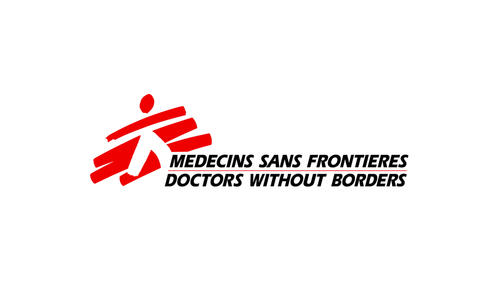
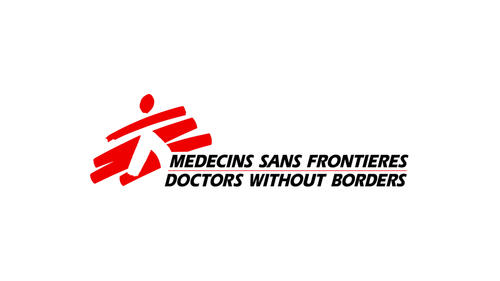
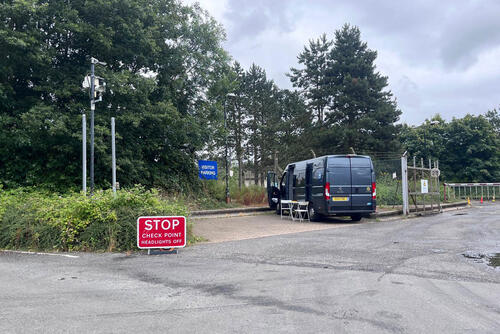
Explained: How is MSF responding in the UK?
MSF’s work in the UK is guided solely by humanitarian and medical needs.
We treat patients “on the ground,” while campaigning for change through our advocacy work.
In recent years, we have responded to the series of harmful policies and legislation changes introduced by successive UK Governments. This includes the Safety of Rwanda Act (2024), the Illegal Migration Act (2023) and the Nationality and Borders Act (2022).
We speak out about the medical harms of detaining people for immigration purposes. In particular, we draw from our experience working on the Greek islands. Here, since 2016, MSF has cared for people at large-scale containment sites that hold thousands of people seeking asylum in the EU.
It is a dangerous approach that the UK Home Office openly copies.
We have also raised concerns about the UK’s role in supporting and funding harmful migration policies and practices in other parts of the world where our teams work.
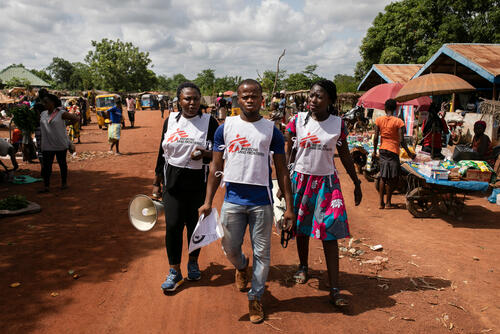
Spotlight: The mental health crisis at Wethersfield
Between October 2023 and December 2024, MSF medical teams in collaboration with Doctors of the World (DOTW) UK provided essential healthcare to asylum-seeking men held at the RAF Wethersfield mass containment site in Essex.
Our medical teams documented a mental health crisis amongst the men accommodated here. Many had depression, suicidal ideation, and symptoms consistent with severe post-traumatic stress disorder (PTSD), including psychosis.
MSF continued to provide remote GP consultations until April 2025, and documented serious failures by the Government to protect and safeguard individuals.
“Wethersfield is never going to be appropriate accommodation for anyone, let alone somebody who has had very traumatic experiences previously. Everybody should be housed in the community, with some level of privacy and autonomy.”
Everyone who accessed our services at Wethersfield had crossed the Channel by small boat. Interviews revealed the dangerous journeys undertaken because of a lack of access to safe routes. Three-quarters of patients had experienced violence and abuse either in their country of origin or journey to the UK.
Our experience at Wethersfield and in similar environments highlights the need for the UK Government to ensure access to specialist mental health support for migrants, refugees and people seeking asylum.
We continue to call for the closure of the Wethersfield site and for the UK Government to abandon the policy of mass containment for people seeking safety in the UK.
Common questions: Refugees and asylum seekers in the UK
In 2024, the top five countries of origin for people crossing in small boats to claim asylum were Afghanistan, Syria, Iran, Vietnam and Eritrea.
Refugee status itself is granted by the UK Government, and most people who cross the Channel are from countries – such as the five listed here – with high rates of being granted refugee status or humanitarian protection.
To claim asylum in the UK, an individual must be physically present in the UK. A ‘safe and legal’ route is one where the Government has given prior approval for people seeking safety to come to the UK for this purpose. A person may be granted a visa, but they can travel without one.
Current routes to the UK include resettlement programmes, refugee family reunions and ‘bespoke schemes’ for specific countries – for example, visa routes for Ukraine and Afghanistan.
Successive UK Governments have shut down nearly all ‘safe and legal’ routes to the UK. For some of the most common nationalities claiming asylum in 2024 (Pakistan, Afghanistan, Iran, Bangladesh and Syria), there are no schemes or visas in place for people to travel to the UK.
Where existing schemes do exist, they have faced challenges including delays and poor decision-making. In fact, targets set by the UK Resettlement Scheme (UKRS) have never been met, and family reunion is extremely restrictive and further hindered by the UK leaving the EU.
Without these safe routes to reach the UK, people will continue to undertake dangerous and sometimes fatal Channel crossings.
Tragically, 2024 was the deadliest year since the small boat crossings began, with at least 82 people losing their lives attempting the journey.
Under the 1951 Refugee Convention, to which the UK is a founding member, refugees are not obliged to seek safety in the first ‘safe’ country they reach. And, under the convention, people should not be penalised for crossing borders to seek asylum without prior approval.
In the case of small boat crossings, many people are driven by family and language connections to reach the UK specifically. But, without access to safe routes, they are forced to make the dangerous journey by sea.
At the same time, conditions are dire for asylum seekers and refugees in northern France.
MSF teams have been responding here since 2016 and treating people seeking safety in Calais. Our teams support unaccompanied children, and give psychological assistance to people who survive after a sinking when attempting to cross the Channel.
Most people seeking safety become ‘internally displaced’ within their country, or seek safety in a directly neighbouring country – such as in Turkey and Lebanon for Syrian refugees.
A relatively small number of refugees may take onwards journeys from other European countries to the UK, because they have family here or because they speak English.
Compared to other European countries, in 2024, the UK ranked 17 in Europe for asylum applications per head of population, and received the fifth largest number of asylum seekers overall.
Despite much media coverage and political attention, small boats make up a very small proportion of total immigration to the UK.
In the UK, refugees and asylum seekers with an active application or appeal are entitled to free NHS care, including primary and secondary healthcare. Everyone is entitled to emergency treatment, but for refused asylum seekers and those without official immigration status, access to free care is more complicated.
Refugees and asylum seekers continue to face many barriers accessing healthcare in the UK, including challenges registering with a GP, language barriers, and being incorrectly charged or denied care, amongst others. Access to mental health services can be particularly challenging and patients may require specialist services to treat trauma, including post-traumatic stress disorder (PTSD).
MSF, refugees and displaced people
In 2024, over 120 million people were living as ‘forcibly displaced’. That’s more than one in every 67 people on Earth.
The UN High Commissioner for Refugees (UNHCR) estimates that this includes 32 million refugees and more than 72 million internally displaced people, as well as other groups in need of protection.
